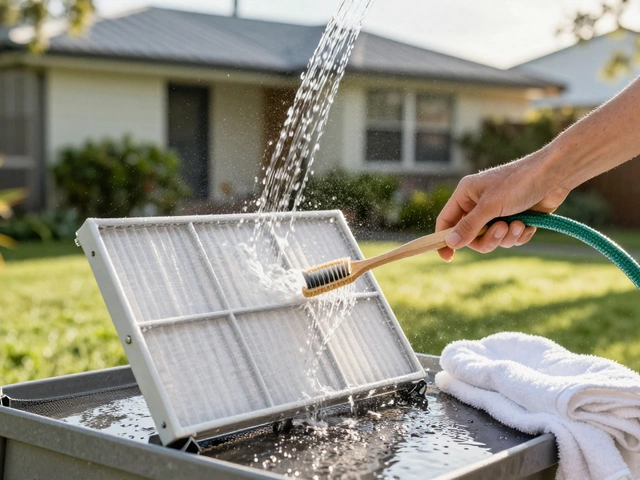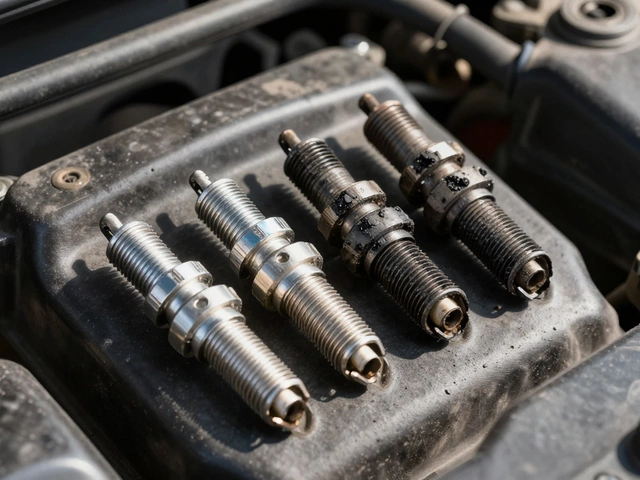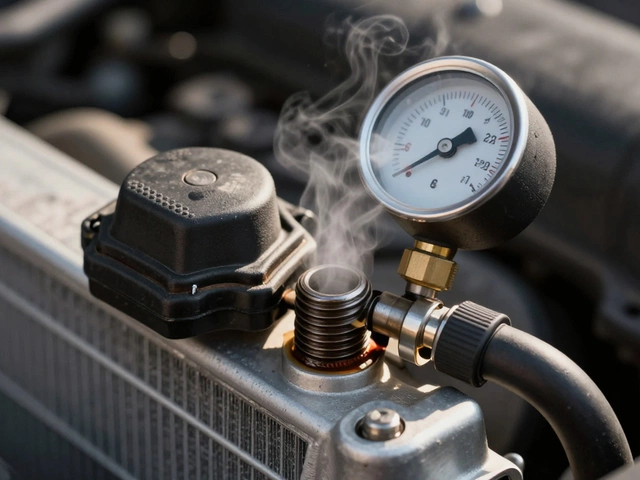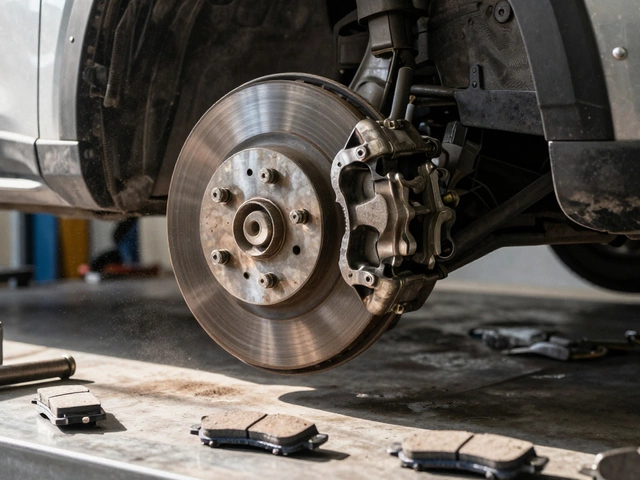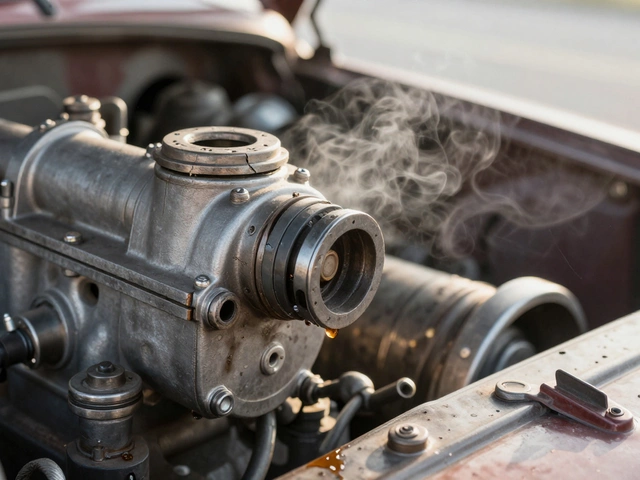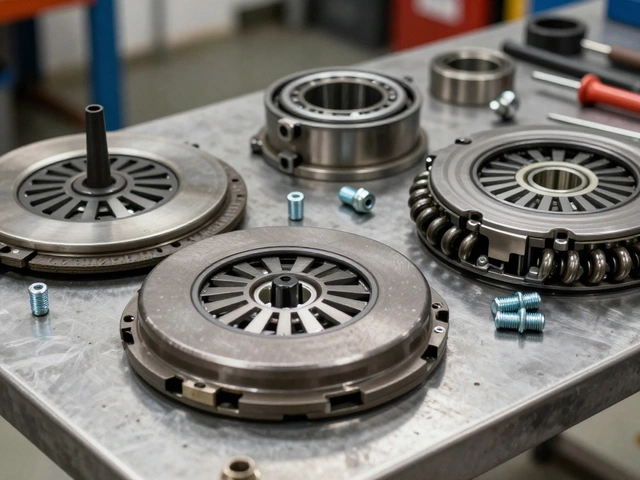Engine Trouble? Quick Fixes & Tips to Keep Your Car Running
Engine trouble can feel like a nightmare, but most of the time you don’t need a garage trip. A lot of issues show up as simple clues, and with a few tools you can fix or at least stop the problem before it gets expensive.
First, watch for the signs. A flickering check‑engine light, odd grinding or ticking noises, loss of power when you step on the gas, white or blue smoke, oil spots under your car, or the temperature gauge climbing fast are all red flags. Ignoring them means the repair bill will only get bigger.
Spot the Warning Signs Early
When the check‑engine light pops on, grab a cheap OBD‑II scanner or head to a parts store for a free read. The code will point you to the cylinder, sensor, or emission system that’s misbehaving. A knocking sound from deep in the engine often means low oil pressure or worn bearings—stop the car and check the oil level right away. If you see steam or hear a high‑pitched whine, the cooling system is struggling and could overheat the block.
Smoke tells a story too. White smoke usually means coolant is leaking into the combustion chamber, while blue smoke signals oil burning. Both need attention fast because they can ruin the engine if you keep driving.
Simple Fixes You Can Do Yourself
Start with the basics. Check oil, coolant, and brake fluid levels every couple of weeks. Top them up if they’re low—most problems start with simple neglect. Replace the air filter once a year; a clogged filter forces the engine to work harder and can cause rough idling.
Old spark plugs are another low‑cost culprit. If the engine misfires or feels sluggish, pull the plugs and inspect them. Worn electrodes or carbon buildup mean it’s time for new ones. Swapping in fresh plugs often restores power instantly.
Don’t forget the fuel filter. A dirty filter restricts flow and makes the engine run lean, which shows up as a hesitation when you accelerate. Replacing it is usually a quick job with a wrench.
If the battery is old or the terminals are corroded, you might experience hard starts or a dead check‑engine light. Clean the terminals with a wire brush, apply a thin coat of grease, and consider a battery test. A healthy battery keeps the engine’s electronics running smooth.
When you’ve tried these fixes and the problem persists, it’s time to call a professional. Persistent knocking, coolant loss, or a check‑engine light that won’t clear after basic repairs usually means deeper internal damage—like a worn timing belt or a blown head gasket.
Preventive maintenance is the cheapest insurance. Stick to the manufacturer’s oil change schedule, keep the coolant system flushed every 30,000 miles, and replace the timing belt before it hits the mileage limit. Using quality fuel and avoiding short trips that never let the engine warm up also helps keep internal parts clean.
A basic tool kit—socket set, torque wrench, and a handheld OBD scanner—covers most DIY tasks. Know the torque specs for bolts you tighten; over‑tightening can warp components, while under‑tightening leaves you with leaks.
DIY repairs save money, but know your limits. If you’re not comfortable working around the combustion chamber or dealing with high‑pressure cooling lines, a mechanic’s expertise is worth the cost.
Engine trouble doesn’t have to lock you out of the road. By catching early signs, doing simple maintenance, and knowing when to step back, you’ll keep your car humming and avoid surprise breakdowns.

Does a Check Engine Light Signal a Bad Fuel Pump?
When your car's check engine light comes on, it's often a mystery to identify the root problem. While a failing fuel pump isn't the most common cause of this warning light, it's definitely on the suspect list. Understanding the associated symptoms such as engine sputtering, decreased gas mileage, and stalling can help you pin down if the fuel pump is truly the issue. Knowing the signs can save you from expensive repairs and keep your car running smoothly.
CONTINUE READING